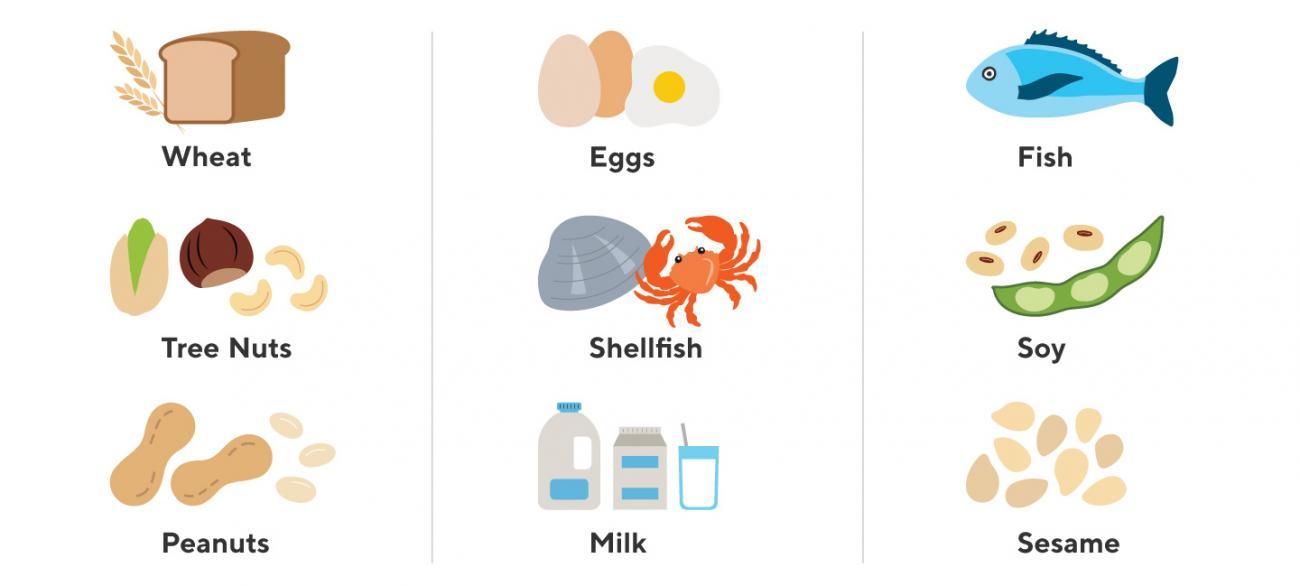
Wake County Environmental Health and Safety (EH&S) has launched a new campaign to help protect residents from common food allergens – like nuts and dairy products – when they go out to eat.
The idea for this initiative came from the results of a study the county conducted in 2020. It found that local restaurants had a very low compliance with food allergy awareness, which could put diners who suffer from food allergies at risk for serious reactions.
“For some, the health impacts of eating foods they’re allergic to can be life threatening,” said Wake County Commissioner Maria Cervania. “We’re proud to launch this new campaign to educate the food service industry on how to better manage allergens, so people can enjoy a nice meal at a local restaurant without worrying about getting sick.”
The county’s 2020 risk factor study evaluated 465 randomly selected food service establishments representing nine different types of facilities. The study focused on food preparation practices and employee behaviors most frequently reported to the Centers for Disease Control and Prevention as contributing to foodborne illness outbreaks.
The study showed that more than three-quarters of the managers questioned lacked resources to support diners with the top nine food allergies. The Wake County EH&S Division has developed a poster, which includes information on allergen management and associated risks. EH&S Division inspectors will distribute the posters to the kitchen staff to raise awareness about products that can cause allergic reactions. The poster can be downloaded from the Wake County website.
For diners with allergies, Wake County recommends carrying Food Allergy Chef Cards, which are available online for free in multiple languages.
“When going out to eat, diners can design a ‘chef card,’ which lists the foods they must avoid and communicates this message clearly to the kitchen staff. It's a proactive way for food allergy sufferers to advocate for their own health needs,” said Andre Pierce, Wake County's Environmental Health & Safety Director.
The 2017 FDA Food Code requires that restaurant and retail food service managers be aware of the major food allergens, the seriousness of allergic reactions and the proper methods of labeling for food allergies, while avoiding cross-contact during food preparation and service. North Carolina adopted the latest FDA Code on Oct. 1, 2021. Displaying the poster in their kitchens will help restaurateurs comply with the FDA Code requirements.
Food allergies are an increasing food safety and public health issue. Researchers estimate that 32 million Americans have food allergies, including 5.6 million children under age 18. According to Food Allergy Research & Education, there are nine major food allergens – milk, egg, peanut, tree nuts, wheat, soy, sesame, fish and crustacean shellfish – that are responsible for most of the serious food allergy reactions in the United States.



